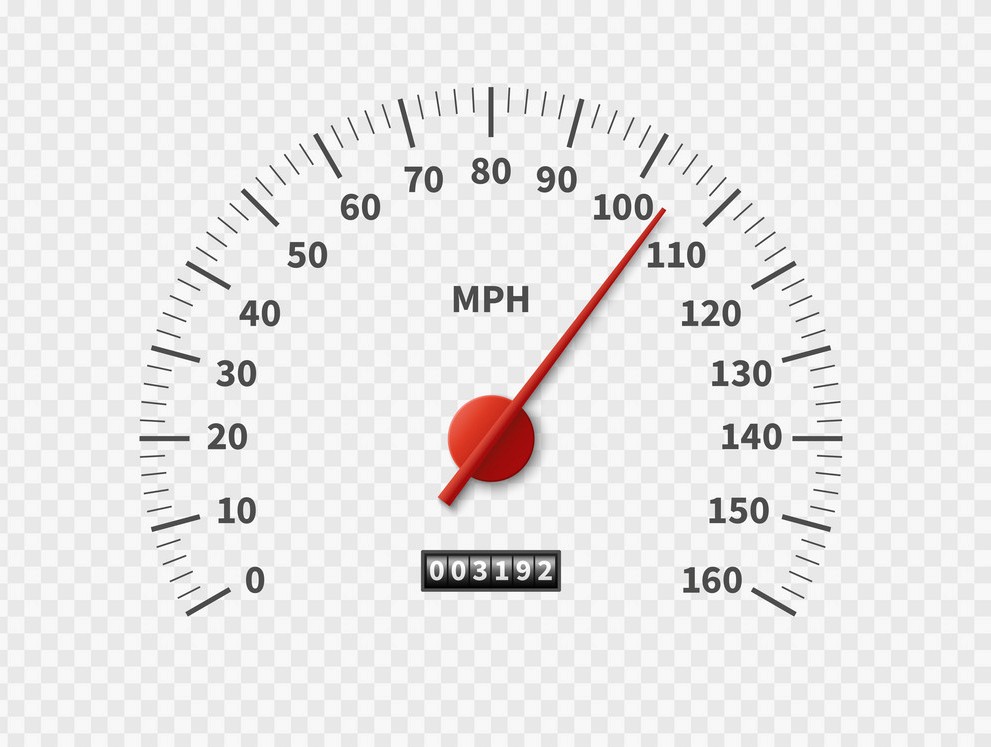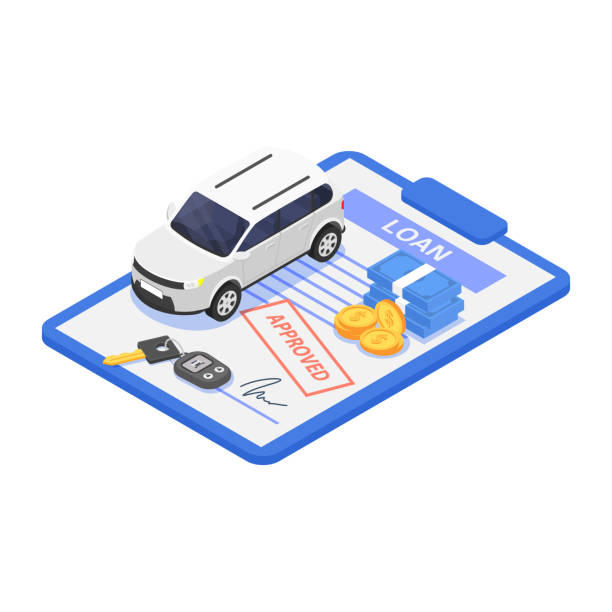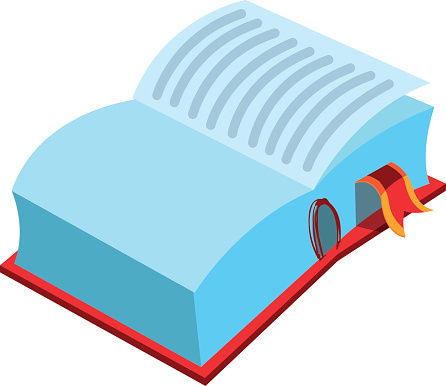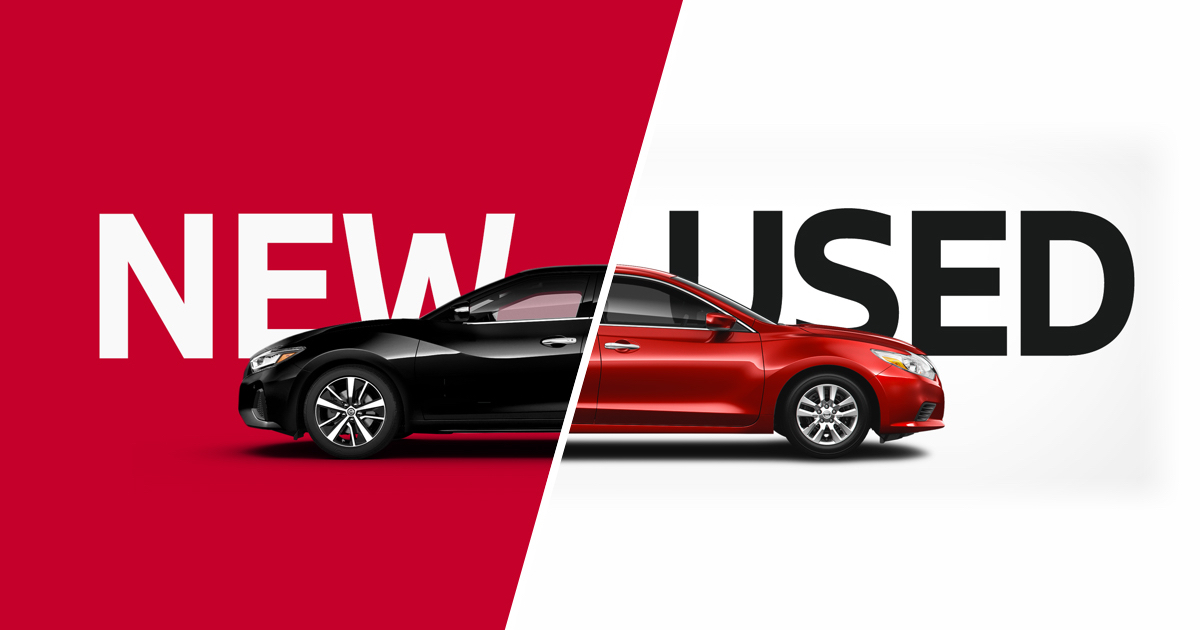Selling Guide
Selling Guide
Disposing your old car in safe hands could be a tricky job looking at the number of cons and people of dubious credentials operating in the used car market. Still with careful thinking, one can eliminate unknown variables to a great extent and yet arrive at the fair market value of their car.
Why you are disposing your old car (will define who your best bet is)
- You want to replace with another one (new/ used).
- You are moving out of town even country.
- Life of your car (15/10 years) is nearing end.
- You simply want to cash your car since no one is using it much anyways.
Of course the best buyer would be someone who pays you highest but there is a catch here. The highest payer could be the one who’s most risky to deal with
Options available where you can sell/ dispose your car
The option where you can sell in your current scenario although varies person to person but mostly are as follows (of course with different risk versus price proposition):
- An individual buyer found online/ in office group/ peer circles
- To new car dealers from where you are buying your new car
- Local dealers (curbside/unauthorized)
- 3rd party buying platforms like Cars24 etc.
- Authorised used car dealers like Mahindra First Choice etc.
Risk involved while trying to sell your car
- Meeting risks with strangers.
- Information divulgence risk to strangers about your car’s parking location, your office details or your home address.
- Sharing of your vehicle RC (which also carries chassis and engine number) to strangers poses data theft risk.
- Title transfer risks after the vehicle has been sold.
- Transaction (give and take) related risks as in money first or delivery first.
- Your account details sharing risks.
- And finally the most subtle one is Buyers KYC risks (whether the buyer is bona-fide or not).
Now while you want to discover the best possible price for your asset, you also do not want to get exposed to undue risks while dealing with strangers.
Tell Tale Signs of Something Fishy in Used Car dealing (Red Flag)
- The buyer fails to verify where he got your contact number even after being asked straightforward.
- Buyer insists his defense background but does not look the part or fails to produce any Id card to corroborate.
- Buyer shows eagerness to transfer funds without even checking the car and asks for your UPI details.
- Buyer is not from the town.
- Buyer says he wants the RC to be transferred in someone else’s name but never makes you speak or meet with the end user.
- Buyer does not haggle much and you have a feeling that you have achieved ridiculously higher prices than any other bidder.
- Buyer’s phone number shows different names in True Caller/ other online database.
Risk Mitigation Strategy
- When you upload your vehicle details online on a free market place always hide the vehicle registration number.
- Avoid clicking the pictures to be uploaded in and around your house or workplace with visible landmarks.
- If possible, upload only a prepaid phone number which you can discard later.
- Don’t share the RC or KYC till you have met each other.
- Try to meet at a common safe place preferably a busy market.
- Offer test drive if needed to only one person at a time and you should try sitting at the back seat
- When buyer shares his KYC with you, do a reverse search on PAN/ Adhaar database sites
- Try to stick to the buyers having a valid address proof of the RTO where your vehicle belongs to.
- If there is a loan to be closed on your vehicle, take a DD from the buyer and close it yourself.
- Never agree to deliver vehicle on cheques/ PDCs (unless it is from an authorized dealer)
- If possible (although not practical always), handover the vehicle after you have submitted the RC transfer documents to the concerned RTO authority.
- Never give the RTO forms 29, 30, etc to the buyer without filling the at least vehicle registration number and buyer’s name.
- Never share your account details as a copy of your cheque book; always text account details as below:
A/C Name- A/c Number- A/c Type (Saving/ Current)- A/c holder bank- IFSC. No other detail is needed to add a beneficiary although your cheque book leaf carries a lot of other sensitive details.
All these risk mitigation strategies are not only based upon previous experiences but also have evolved as best practices for professional dealers. Hope it can help you arrive at the best price of your vehicle.
For more information on exact paperwork related to disposing your car, please visit our blog/edu-portal.






